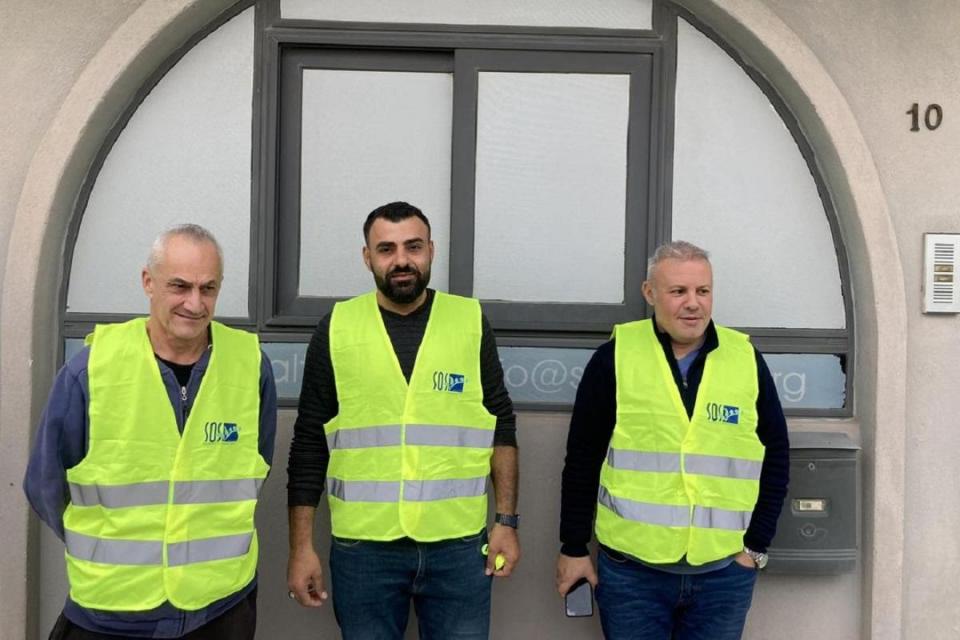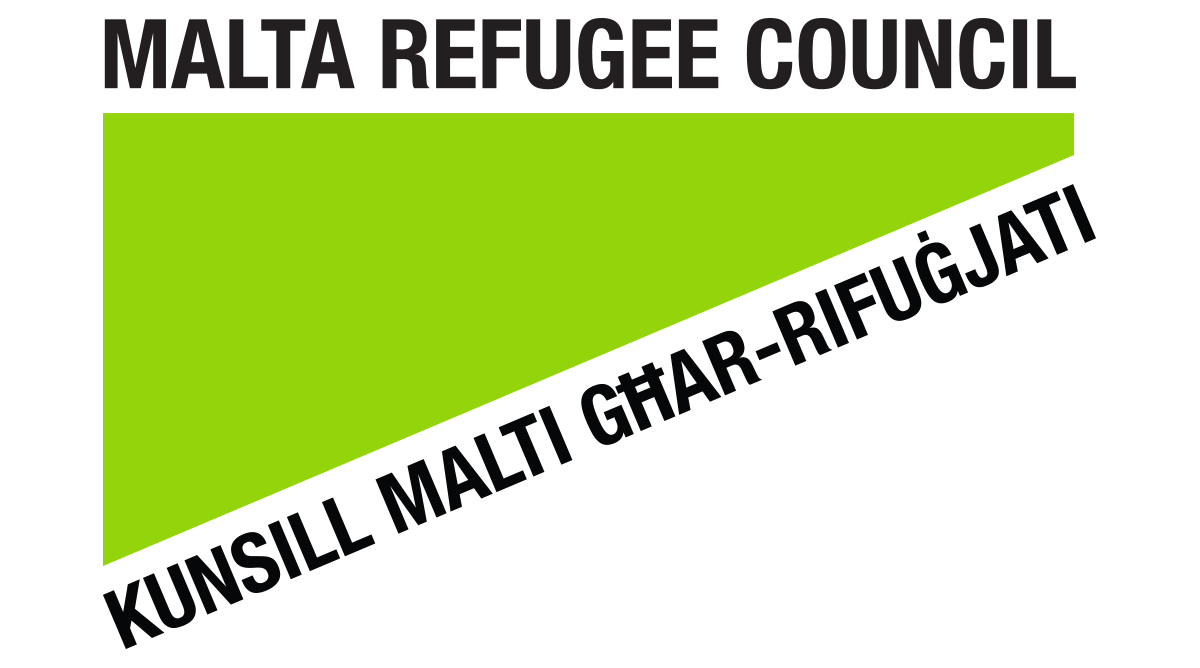Information for Syrians thinking of returning to Syria to provide humanitarian support
In the past days, many of us recieved calls from Syrian refugees living in Malta asking how they can provide support to their families and friends affected by the recent earthquake. The situation is truly distressing, as many are witnessing their loved ones suffering but are unable to reach out, to communicate, to offer support. Many Syrians are asking us if they are allowed to travel to Syria to assist and provide relief.
The area affected by the earthquake is difficult to reach and the international sanctions against Syria are making it difficult for donors to send much-need funds. The Malta Refugee Council will do what it can to support the Syrian community in Malta, and we hope the solidarity Malta is showing with the earthquake victims will also be extended to people here.
Within hours, the Syrian community teamed up with SOS Malta to open donation channels and to provide humanitarian support. It is also announced that a team will be heading to Turkey, including members of the Syrian community itself.
Yet a word is caution is needed. Syrians enjoying international protection in Malta (refugee status or subsidiary protection) are urged to seek information and legal advice before taking any decision regarding travelling to Syria, including if this is to provide humanitarian assistance.
Refugee law lists the circumstances under which refugee protection may be withdrawn by the State recognising it. The 1951 Refugee Convention says that, should refugees voluntarily re-establish themselves in the country they fled, or reavail themselves of its protection, their refugee protection could be withdrawn. Does this mean that a temporary return home to visit a dying relative would lead to withdrawal of protection? What about travelling to Syria to assist in the humanitarian efforts?
In its explanations to the Refugee Convention, UNHCR explains that these Convention articles regulat situations where refugee protection is no longer necessary or justified. It says that they should be interpreted striclty and restrictively. The UN agency also explains that, for a State to withdraw refugee protection on the above-mentioned grounds, it is impertive that set criteria are met.
For example:
-
the refugee must actually (not theoretically) start enjoying the protection of their country of origin;
- the refugee must want to enjoy the protection of their country of origin;
- the intention should be to permanently return to their country of origin.
UNHCR clearly states “a temporary visit by a refugee to his former home country...does not constitute re-establishment and will not involve loss of refugee status...”. In particular, UNHCR also comments “visiting an old or sick parent will have a different bearing on the refugee’s relation to his former home country than regular visits to that country spent on holidays or for the purpose of establishing business relations.”

Why are we saying this?
Malta’s International Protection Agency informed us that, shoudl it be aware of Syrian nationals returning to Syria, it will need to assess each case individually. It will need to take into account all relevant elements in order to determine if return to the country of origin would lead to the initiation of withdrawal proceedings.In practice, this means that Syrians in Malta need to be cautious and to obtain full information before taking any decisions involving travels to Syria. As always, our members are willing to provide such information and advice as needed.
